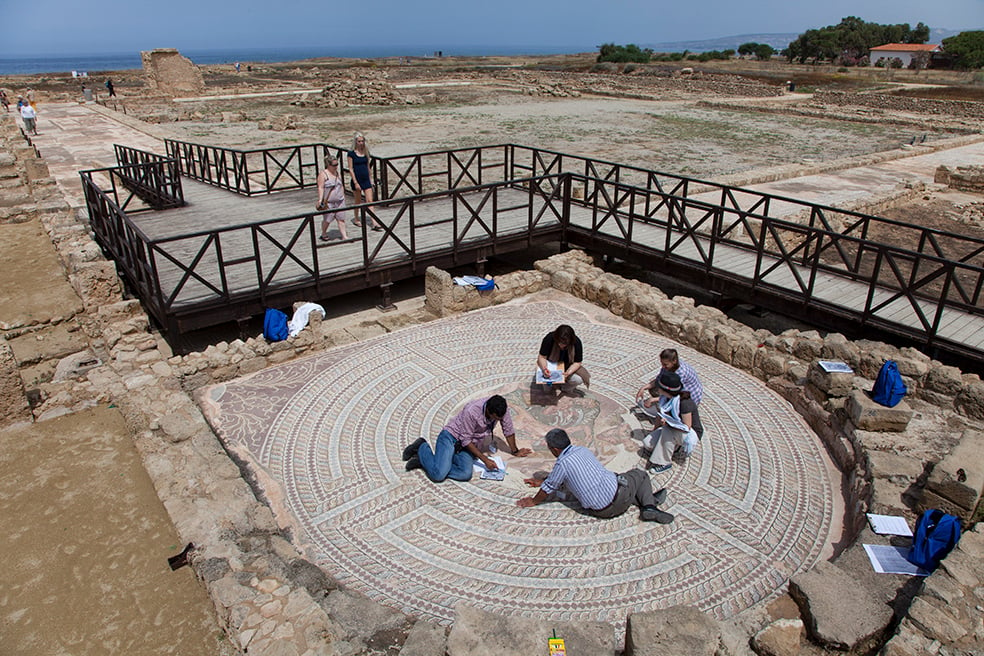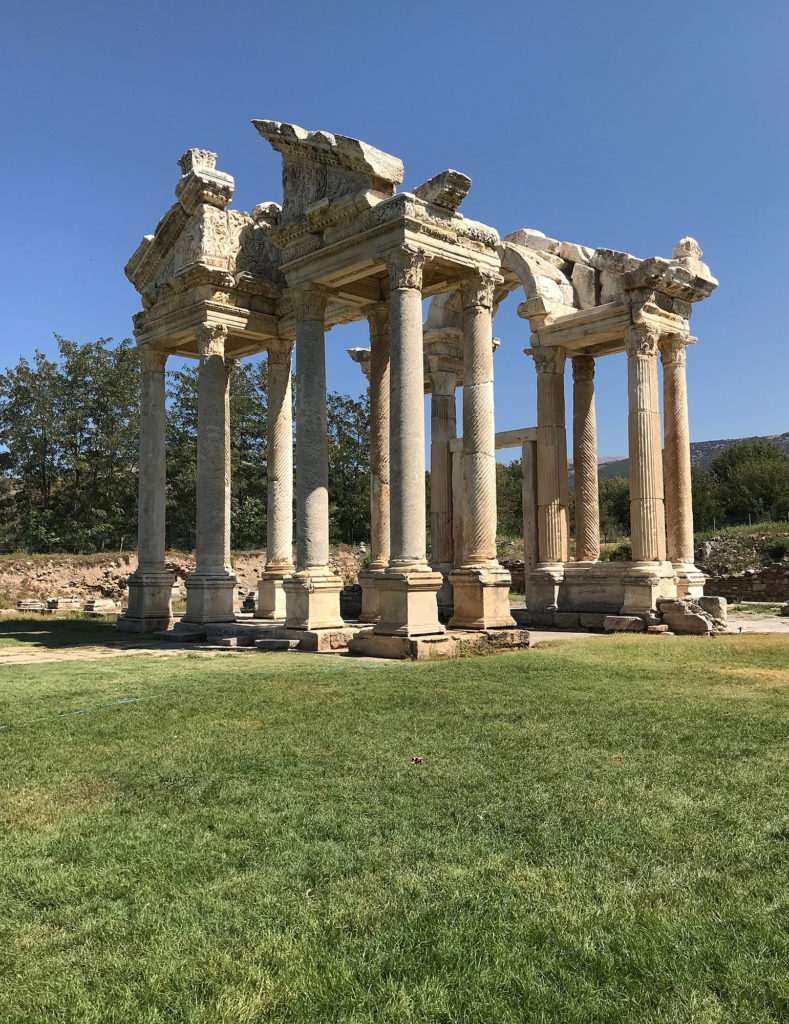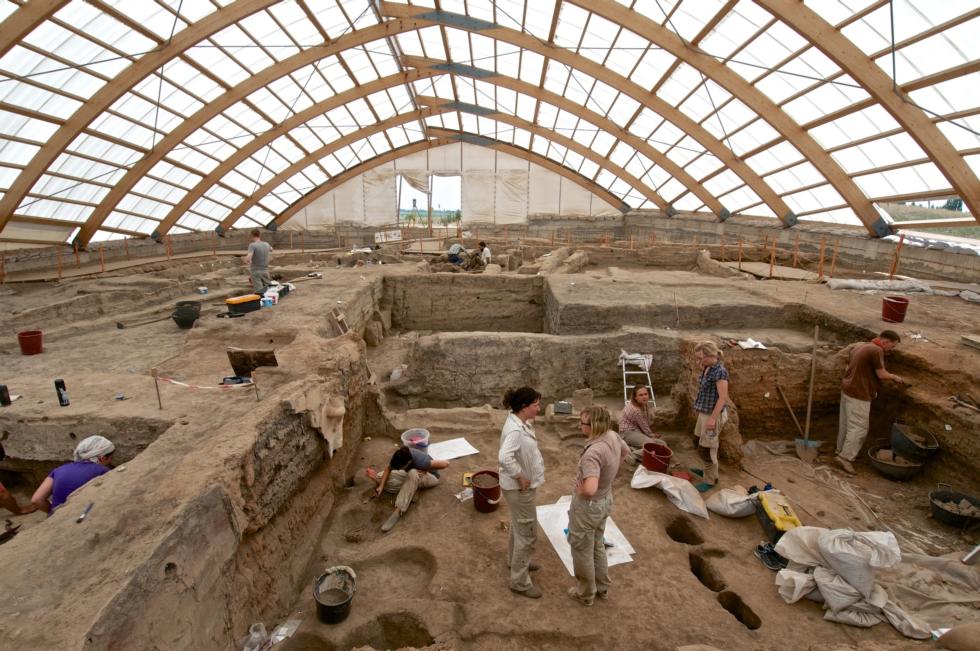The J. Paul Getty Trust has announced that it will spend $100 million over the course of the next ten years to help protect archaeological sites and antiquities around the world.
The new initiative, which the Los Angeles-based organization calls “Ancient Worlds Now: a Future for the Past,” aims to protect ancient cultural heritage through scholarship programs, conservation efforts, exhibitions, and partnerships with other enterprises. The project is a direct response to “resurgent populism, sectarian violence, and climate change,” says James Cuno, the president and chief executive of the Getty Trust.
“Cultural heritage embodies a global community united by a common need to make things of beauty and usefulness, and to compose stories and rituals about humanity’s place in the world,” he said in a statement. “We will launch with urgency and build momentum for years to come. This work must start now, before more cultural heritage is neglected, damaged, or destroyed. Much is at stake.”

Participants in a 2014 course studying the conservation and management of archaeological sites conducting a survey of the Achilles Mosaic at the Paphos Archeological Park, Paphos, Cyprus. Courtesy of the J. Paul Getty Trust.
While the initial stages of the initiative are already underway, the full scope of its plan will be put into place by next summer, when the Getty plans its official launch. The initiative will be in operation through 2030 and beyond, the organization says.
The J. Paul Getty Trust, which oversees the Getty Foundation, Getty Research Institute, Getty Conservation Institute, and Getty Museum, has for years invested much of its resources in select areas, especially in ancient Greek and Roman sites in the Mediterranean. While it will maintain those efforts, the new project will have an expanded purview, funding a number of conservation training programs throughout the world in an effort to better equip local researchers with the means to protect artifacts.
A select group of specialists in Iraqi Kurdistan will be taught to preserve damaged cultural artifacts, while professionals in the United Arab Emirates will be equipped to conserve earthen architecture in Abu Dhabi. Another program will focus on digitizing 20 years’ worth of research collected from Çatalhöyük, a UNESCO World Heritage Site in Turkey.

The Tetrapylon of Aphrodisias, an archaeological site in Caria, present-day Turkey. © 2018 J. Paul Getty Trust.
The organization will also fund a traveling seminar on the art and architecture of ancient Thrace, a region in present-day Bulgaria, Greece, and Turkey, and a book that looks at the destruction of cultural heritage in the name of political gain, such as the systematic campaign to destroy ancient cultural relics by the Islamic State.
“Getty’s initiative is critically important because, tragically, threats to the survival of the world’s cultural heritage through neglect, purposeful and collateral destruction, overdevelopment, and climate change are putting at risk the lessons and legacy of the past,” Irina Bokova, the former director-general of UNESCO, said in a statement. “Such threats will require global partnerships and the work of non-governmental, non-political organizations such as Getty to heighten understanding on a global scale of the importance of the world’s ancient cultures and common past.”










